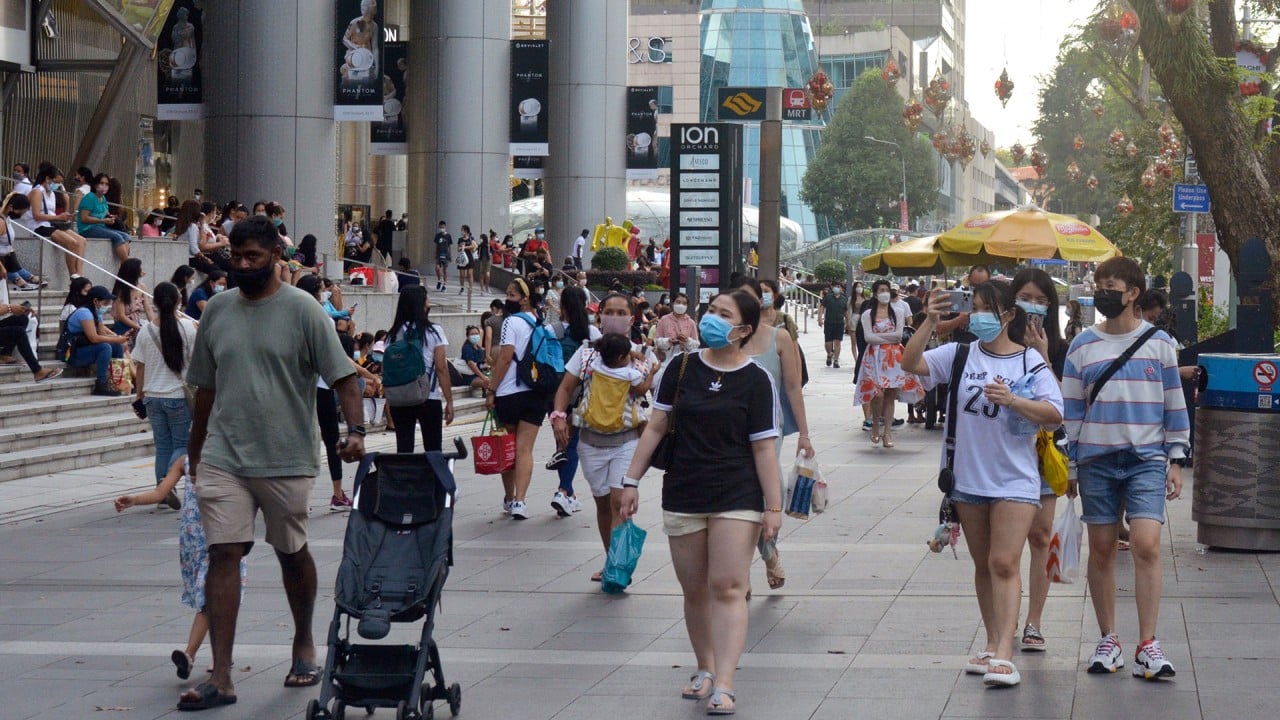
Coronavirus: Singapore ‘cruise to nowhere’ ship World Dream’s last voyage; Indonesia extends AstraZeneca vaccine shelf life
- World Dream vessel will stop operations on Wednesday after its final trip ends, due to financial difficulties
- Elsewhere, Indonesia extends AstraZeneca vaccine shelf life as millions of doses near expiry, New Zealand retirement villages close doors to visitors
Singapore will lose one of the two ships offering cruise-to-nowhere trips from the city, after Genting Hong Kong Ltd’s Dream Cruises said it no longer has the financial capacity to keep the service going, The Straits Times reported.
Genting Hong Kong’s financials deteriorated after the Covid-19 pandemic prompted travel restrictions that have led to restructuring and insolvencies across the global tourism industry. The company reported a net loss of US$1.7 billion last May.
People who have paid deposits for voyages on World Dream will have to submit refund claims to the company, although it was unclear whether they will be reimbursed, The Straits Times report said.
Singapore’s cruises to nowhere started in November 2020, providing a way for residents to travel outside the city even as the pandemic kept borders largely closed. Royal Caribbean International’s Quantum of the Seas has been operating a similar service and in total more than 82,000 people had sailed on these ships by early March last year, The Straits Times reported.
Indonesia extends AstraZeneca vaccine shelf life as 6 million doses near expiry
The decision underscores challenges many developing countries face in their slow inoculation campaigns, as vaccines donated by wealthy countries arrive with a relatively short shelf life of just a few months or even weeks.
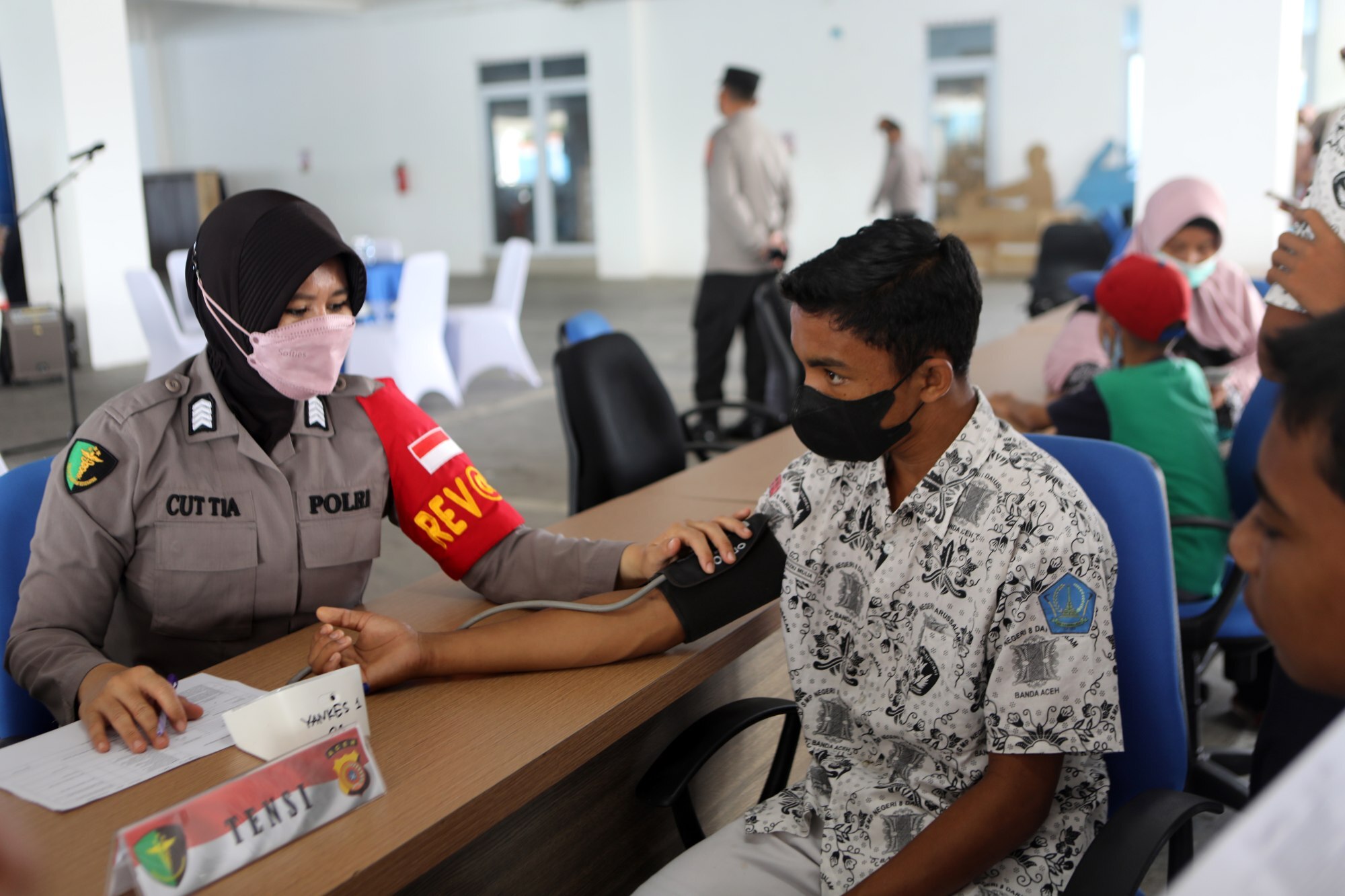
Siti Nadia Tarmizi, a health ministry spokesperson, said it had 6 million doses of vaccines set to expire at the end of February, but only 200,000 of them had expired after it extended the shelf life of the AstraZeneca shot to nine months from six.
“The food and drugs agency extended the expiry date ... based on new available data about its efficacy,” she said.
The expired vaccines are from Sinovac and Moderna Inc and add to 1.1 million expired doses that Health Minister Budi Gunadi Sadikin said in January the country had discarded.
AstraZeneca did not immediately reply to a Reuters’ request for comment.
The relatively short shelf life of AstraZeneca’s vaccine is complicating the roll-out to the world’s poorest nations, according to officials and internal World Health Organization documents reviewed by Reuters last month.
Its shelf life of just six months from the date of bottling is the shortest among top suppliers to the Covax global vaccine sharing scheme, several Covax and EU officials said.
Kurniasih Mufidayati, an Indonesian member of parliament overseeing health, called for the government to speed up vaccination on Monday.
“Even though the vaccines are free, receiving and distributing them uses the state budget. If they go bad and are wasteful, it’s a waste of the budget,” she said.
Indonesia’s foreign minister Retno Marsudi said last month after a meeting with Covax and WHO officials that it “hopes that vaccine recipient countries can get a longer expiry period”.
Nearly three million doses of vaccines were also thrown out by African nations, officials said, leading them to call for a longer shelf life for the shots donated.
New Zealand retirement villages ban visitors
Ryman Healthcare is not allowing visitors into the centres in its 38 retirement villages, with the exception of those needing to enter on compassionate grounds, while case numbers continue to grow in the community.
Ryman spokesman David King said Ryman’s rest home, hospital and secure dementia care divisions had been closed since Sunday after a growing number of people tested positive for Covid-19 before visiting residents last week.
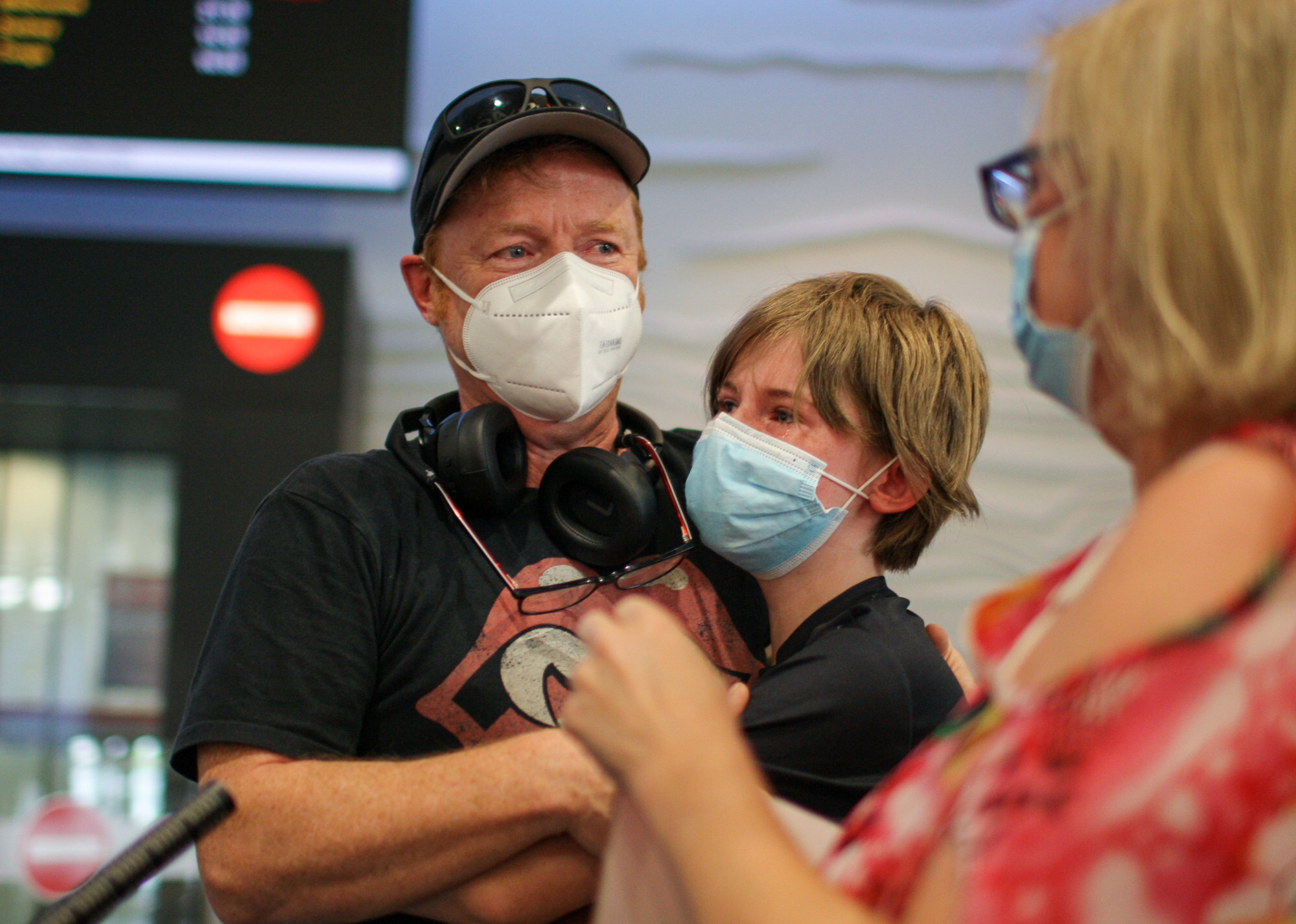
While there had been a couple of residents living in independent or serviced flats test positive in Auckland, it was not the main trigger for the care centres being locked down.
The health care group had learned a lot from its villages in Australia so was being cautious and putting its residents first, he said. It was hoped that the restrictions wouldn’t be in place too long.
Ryman residents living independently in the villages were unaffected and could still come and go as they pleased. Staff were also having tests every day as another safety measure.
Manila clogged with traffic again
In a bid to further boost the pandemic-battered economy, authorities placed metropolitan Manila and 38 other regions under the lowest rung of a five-step pandemic alert system from Tuesday until March 15 and lifted most health restrictions, but still required the full vaccination of residents 18 years and older and the wearing of face masks outdoors and in indoor establishments.
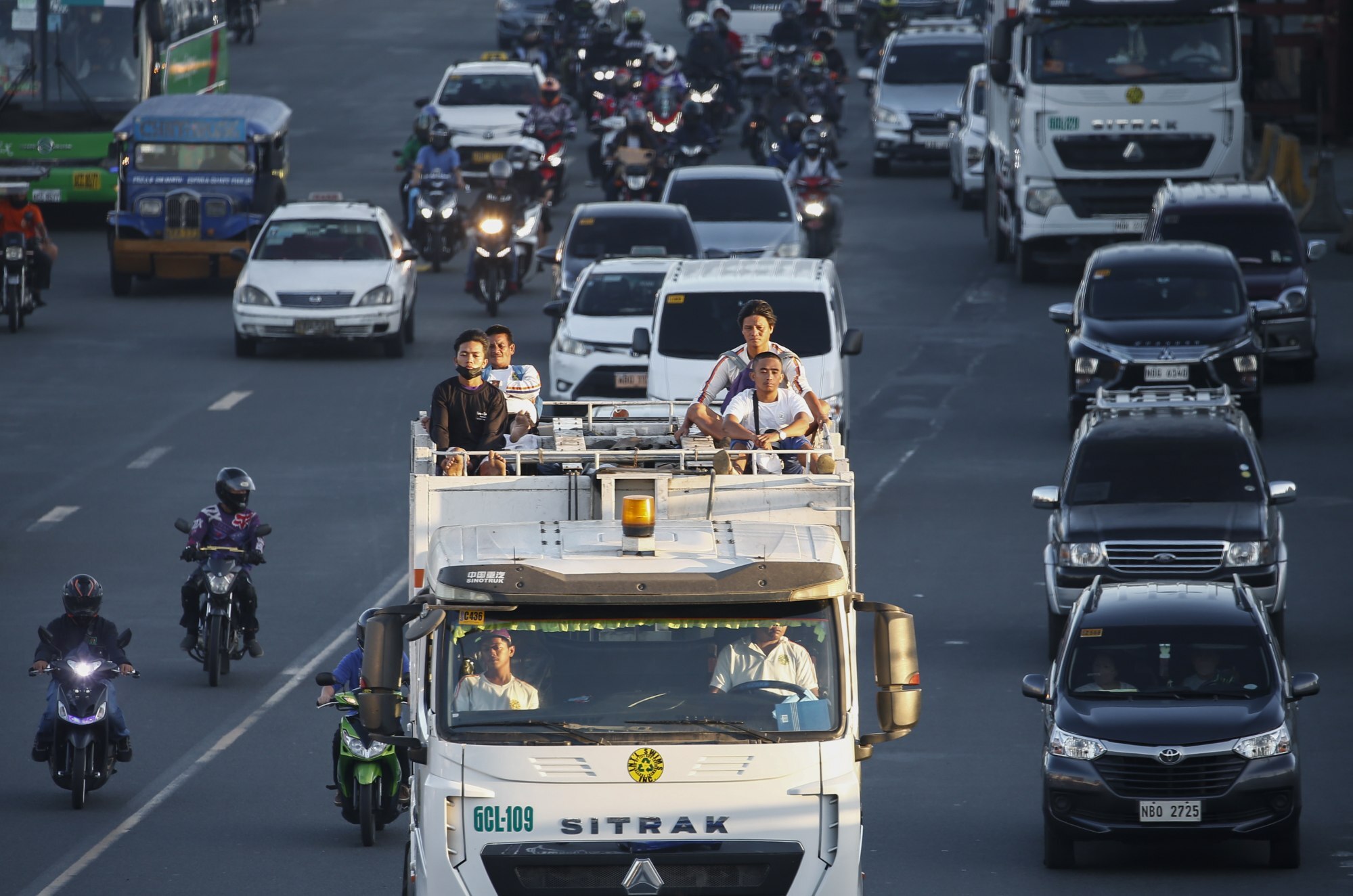
Social distancing is no longer required in Manila and public gatherings such as birthday parties, weddings, sport events and family reunions can fully resume. All government employees have been ordered to return to the office to work.
“Now everything is open,” Trade Secretary Ramon Lopez said. “We’re happy seeing the traffic again, it means there’s really economic activity and people are going out.”
The Philippines imposed one of the longest lockdowns and police-enforced quarantines two years ago when successive Covid-19 outbreaks hit, sparking the worst economic recession in 2020 and pushing unemployment and hunger to record levels.
Economic growth has resumed since then and could return to pre-pandemic levels this year unless external turbulence like Russia’s invasion of Ukraine worsens, Lopez said.
Daily Covid-19 cases dropped from over 37,000 during the most recent peak in January to below 1,000. The 951 cases reported on Monday bring the total number of confirmed infections to more than 3.6 million with 56,451 deaths, the second-highest totals in Southeast Asia after Indonesia.
Nepal worshippers gather at revered temple
Hundreds of thousands of devotees crowd to worship at a revered Hindu temple in Nepal’s capital on Tuesday as coronavirus cases drop and life returns to normal.
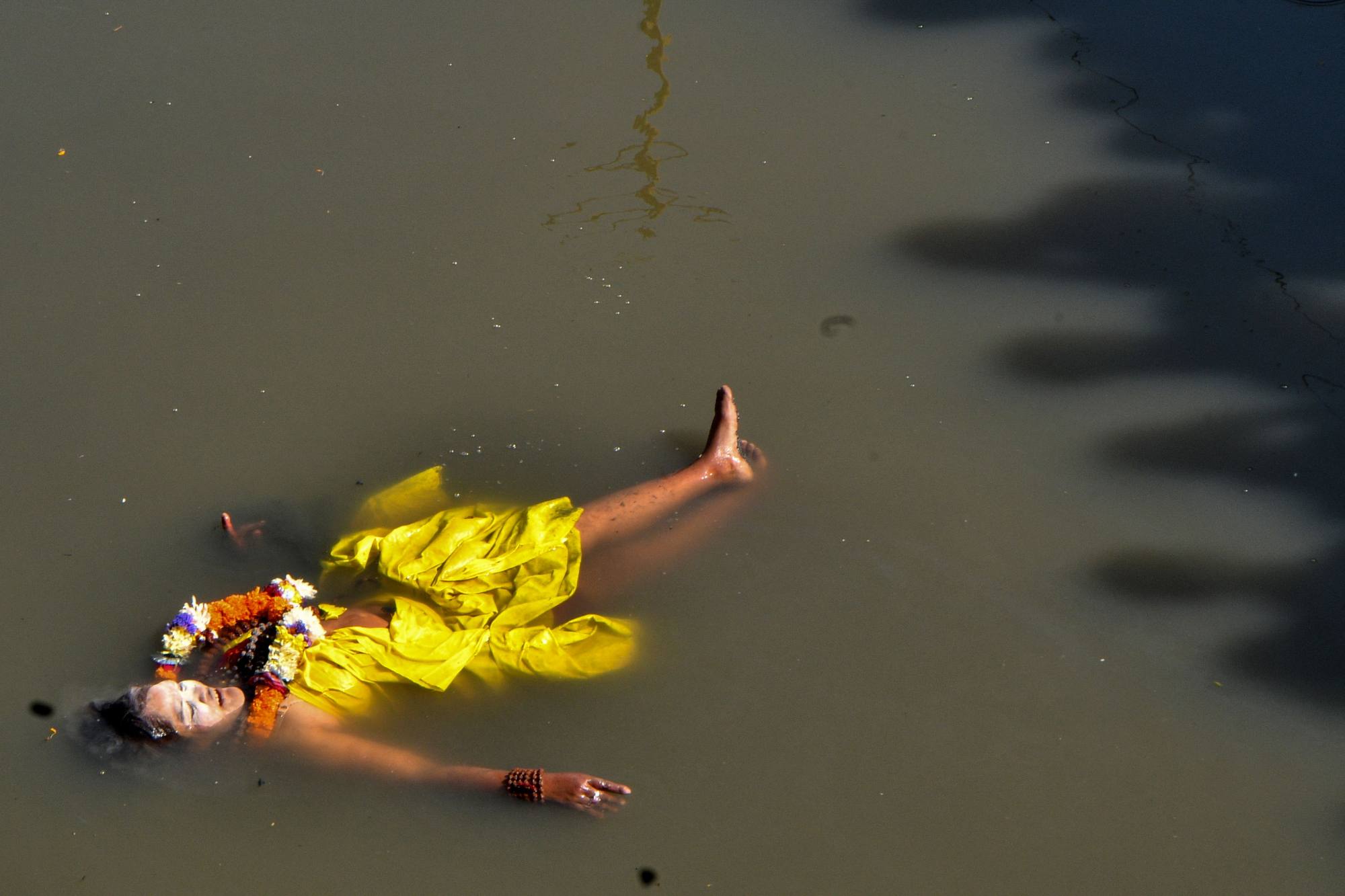
The Pashupatinath Temple in Kathmandu is among the most important Hindu temples and is popular among pilgrims. During the festival, devotees fast all day and visit the temple and take a dip in the Bagmati River.
The festival is also famed for freely smoking marijuana, which is classified as a narcotic and punishable by jail term. In the forested area and riverside next to the temple, Hindu holy men were joined by devotees smoking marijuana.
Malaysia to exempt some travellers from tests
The exemption applies to those arriving in Malaysia via the vaccinated travel lane with Singapore, the Langkawi travel bubble, and short term business travel via one-stop centres, he said.
These travellers will not be required to undergo the Covid RTK-Ag test on the second, fourth and sixth days after arrival, Khairy added. They will also not have to undergo a professional Covid test on the third and fifth days, he said.
Travellers from the UK will be exempted from having to undergo self-testing during the quarantine period, Khairy said.
Malaysia added 23,100 new coronavirus cases on Monday.
Japan opens to newcomers – slowly
Just 5,000 people a day will be allowed in for the time being. While government officials have said restrictions would be loosened in stages, it is unclear when the pace will pick up. About 370,000 visa-holders including students, businesspeople and other workers were waiting for entry as of October 1, according to the Immigration Agency.
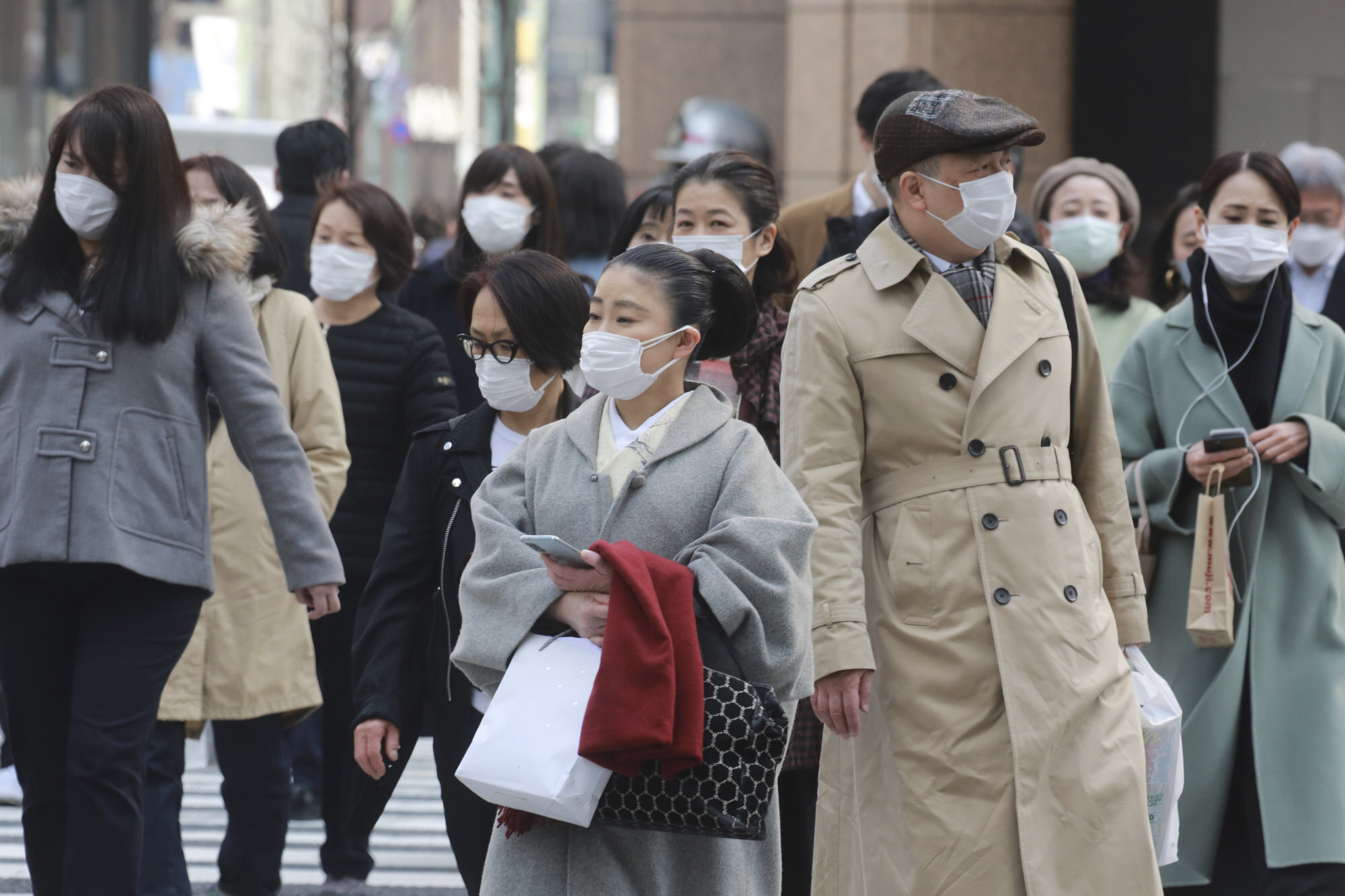
Japan’s decision to shut its borders to new foreign entrants in response to the Omicron outbreak in November was welcomed by an overwhelming majority of the public, and many remain nervous about opening up.
A survey carried out by the Nikkei newspaper between February 25-27 found 40 per cent of respondents said the numbers shouldn’t be increased. Just over 30 per cent said the level was appropriate and only 20 per cent said the cap should be raised.
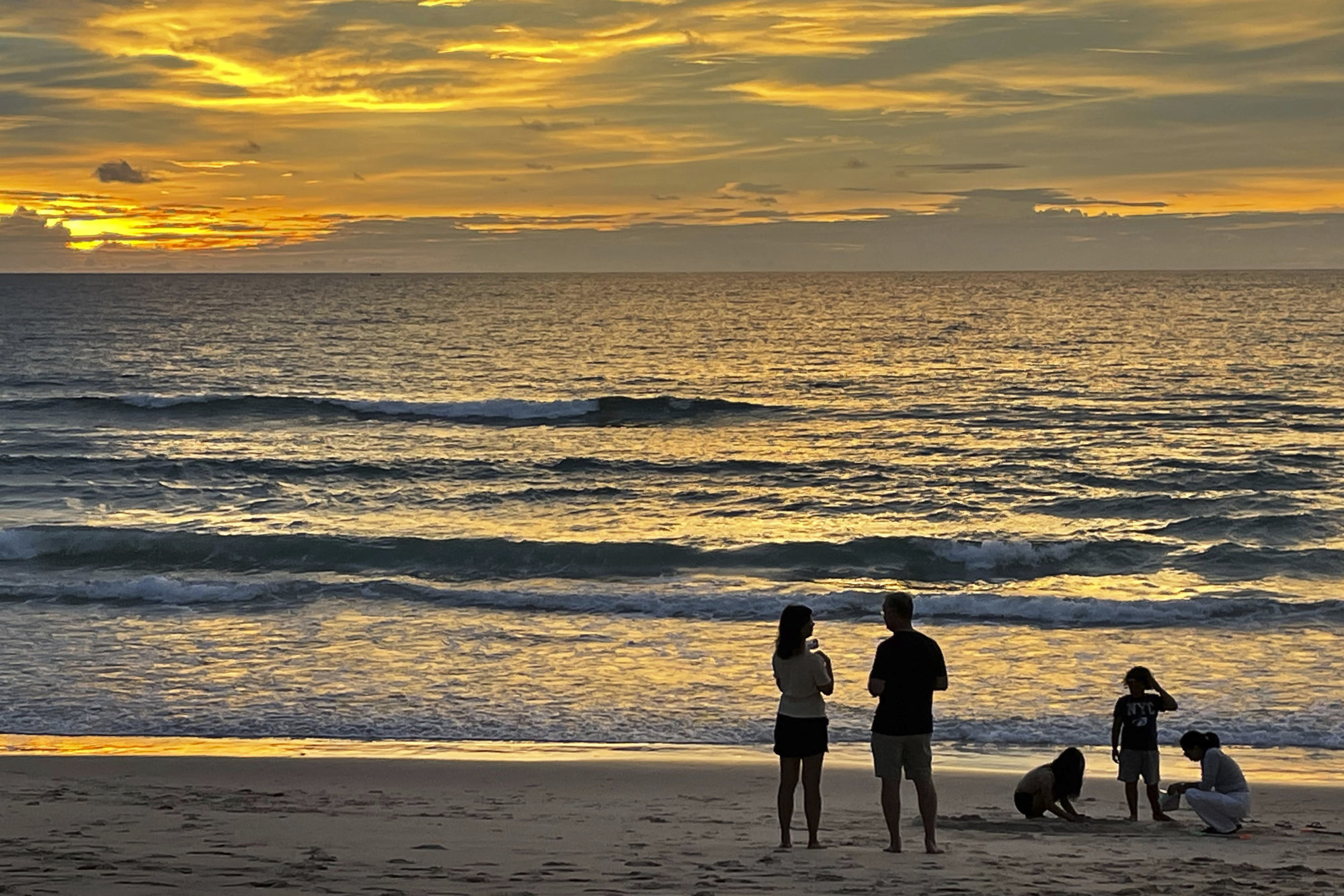
Thailand cuts second test for visitors
From Tuesday, authorities will start distributing free rapid antigen test kits through 2,000 centres nationwide amid a health ministry warning that daily cases could spike to 100,000 by mid-April. New infections fell to 20,420 on Tuesday.
Reporting by Bloomberg, Associated Press, New Zealand Herald, Reuters

